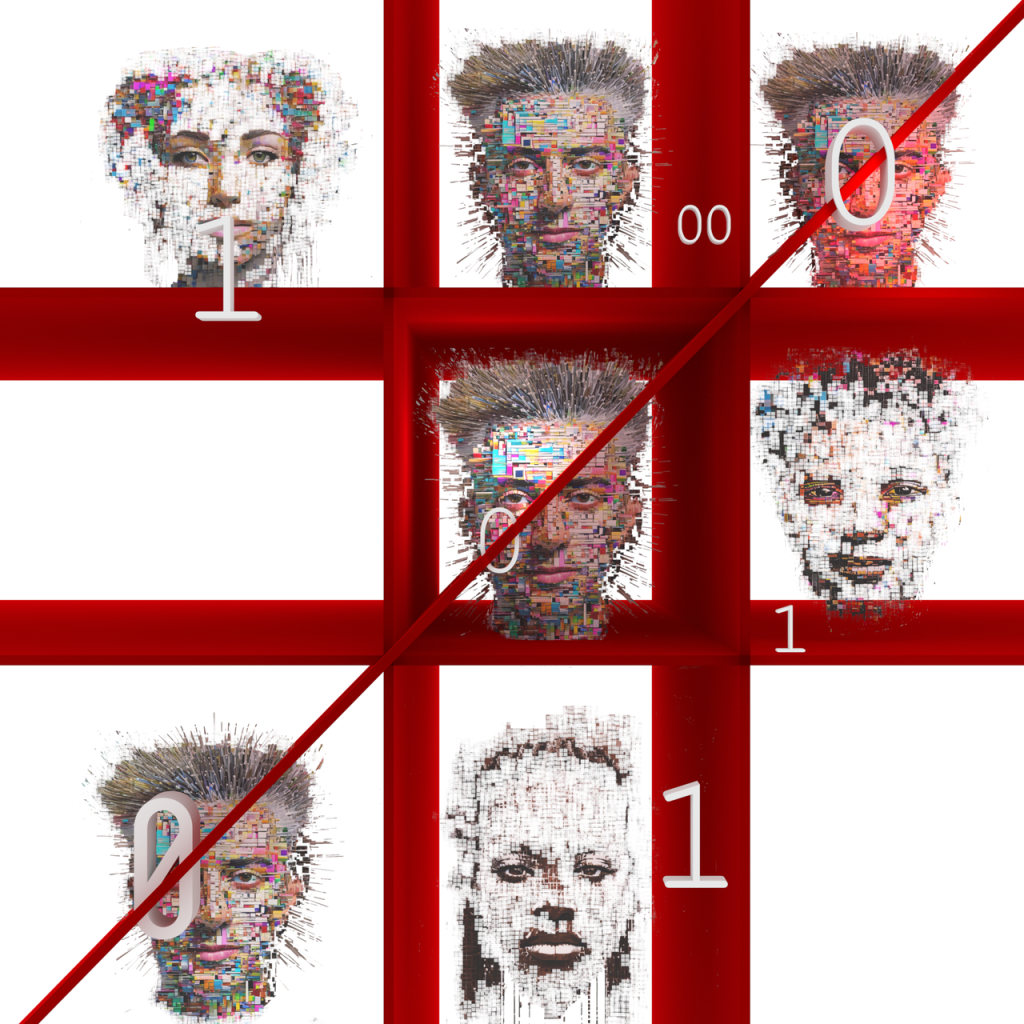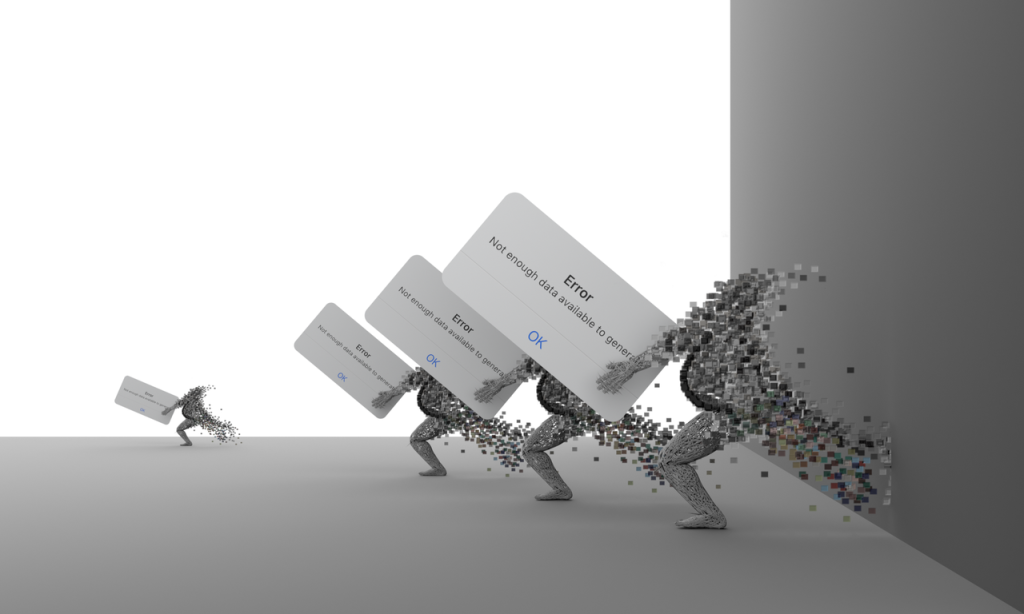Student perceptions of generative AI

As promised this is the next in a short series of posts looking at students' perception and use of generative AI. Last year the UK Jisc published a report, 'Student Perceptions of Generative AI' while recognising the need to continue the discussion with students/learners as the technology continues to evolve.
Over this past winter, they ran a series of nine in-person student discussion forums with over 200 students across colleges and universities to revisit student/learner perceptions of generative AI. Their goal. they say, was to "understand if and how views on generative AI have shifted, identify emerging usage and concerns, and explore the developing role students/learners want these tools to play in their educational experience. An updated version of the report was published in May of this year. In the introduction the report outlines the key changes since Spring, 2023.
The adoption of generative AI in education by students/learners is undergoing a remarkable transformation, mirroring the rapid evolution of the technology itself. Over the span of just nine months, since our previous report we have seen a distinct change in how students are utilising generative AI, and a maturing expectation of their institutions to support them in their journey into employment in an AI enabled world.
Transition to Collaborative Learning: Students/Learners increasingly view generative AI as a collaborative tool to coach and support active learning and critical thinking, using these tools as a digital assistant rather than seeing them purely as answer providers.
Emphasis on Future Skills: Students/Learners emphasised the importance of generative AI-ready skills relevant to their future industries. There’s a growing demand for an education to integrate generative AI across the curriculum and reflect the AI enabled world we all now inhabit.
Ethics, Equity, and Accessibility Concerns: Students/Learners are increasingly aware of and concerned about equity, bias, and accessibility issues related to AI, advocating for measures that address these challenges to ensure a safe, inclusive, and responsive educational experience.
Comprehensive Integration and Educator Competence: There’s a clear expectation by students/learners for comprehensive generative AI integration across education, with competent usage by educators and policies that ensure a fair and effective AI-enhanced learning environment.
The report is relatively short, well produced and easy to read. It concludes with the need for Institutions to respond to evolving student/learner needs and concerns.
Students/Learners have clearly articulated the need for comprehensive support from their institutions, including access to generative AI tools that cater to a wide range of needs, the development of critical information literacy skills, and guidance on ethical use to ensure academic integrity and intellectual development.
The importance of preparing students/learners for the evolving generative AI influenced job market is also becoming increasingly clear. Incorporating relevant generative AI skills and knowledge into curricula is essential for keeping up with technological advancements and preparing them for future challenges.





